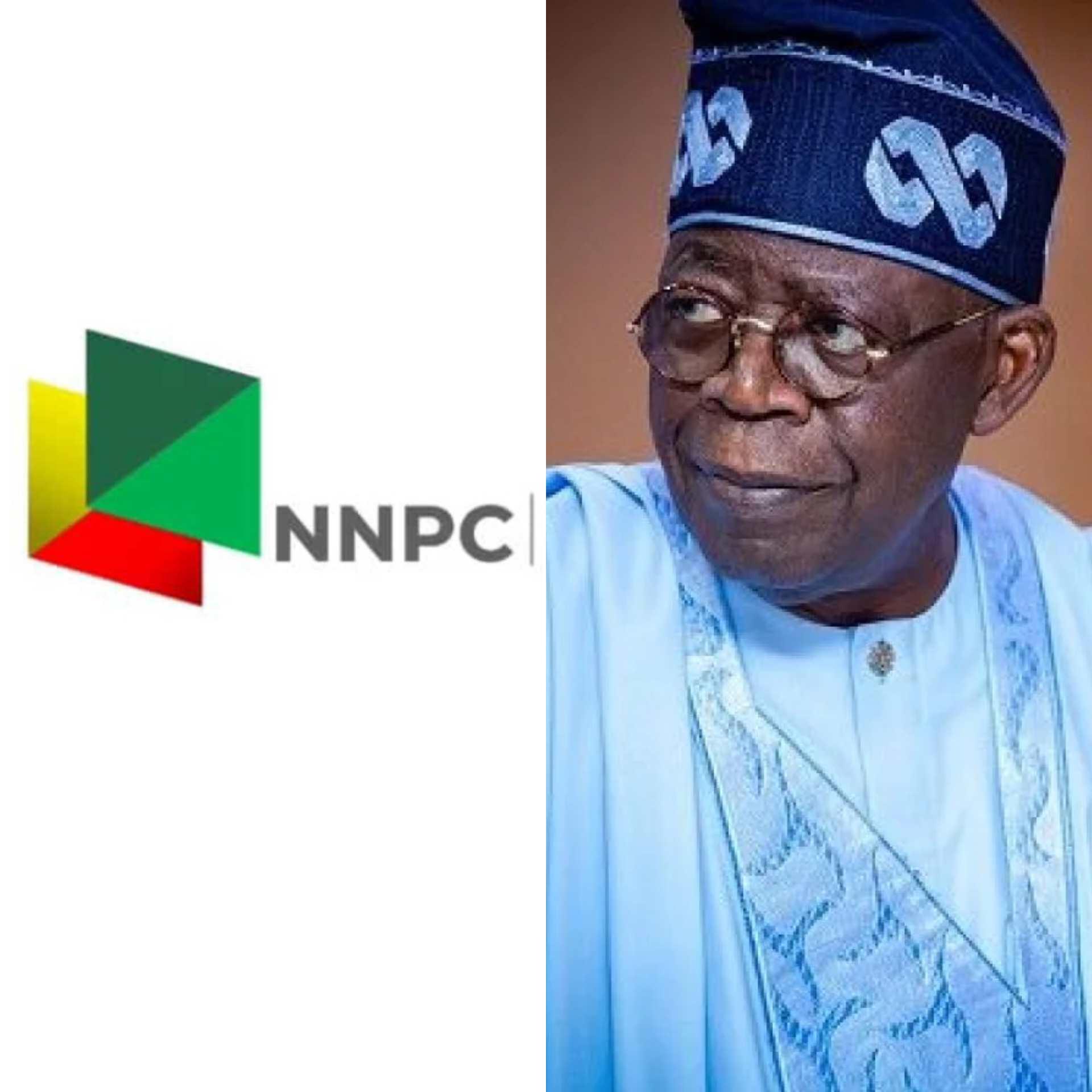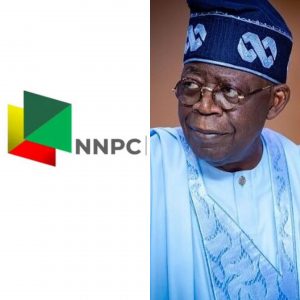NNPC logo, President Bola Tinubu
In advanced democracies where strong institutions combine with law-backed systems to define the essential character of government, the rights of the communities of persons are protected. People rest assured of the ability and obligation of government to take care of their interests within the framework of the constitution together with the extant laws and regulations. In the circumstance of what is legal and otherwise, official pronouncements about governance are thus shorn of rhetoric.
It is given that policies are well articulated and deployed for the common good. Systems that have answered the basic questions of provision of electricity, good roads, access to healthcare, affordable education, potable water and sanitation, etc., representing some of the indices that have become deprivations in the context of Nigeria’s multidimensional poverty, have moved on to target major issues of technological advancements, the dynamism of space sciences, as well as the rigours of artificial intelligence and robotics.
In the US, whose system, we find convenient to clone, providing answers to the question of social amenities is not a problem at all. Here in Nigeria, these are issues that do not inspire confidence and trust of the governed in the government. It is common knowledge to see the reciprocal gesture between the government and the governed, for instance, in the US: whereas America can go to war with other nations because of the soul of an American. To be sure, the reciprocal gesture of patriotism or nationalism by Americans to their country, is writ large.
In Nigeria, at the level of implementation of policy decisions that ramify the political economy, including the governance of the various sectors for proper running of the multiple layers of systems, the interventions of the trinity of government-the executive, the legislature and the judiciary-are not only strategic but also very critical, and this is to the extent that they work in synergy as constitutionally circumscribed. The doctrine of power separation consistently kicks in to moderate the intercourse between and among the trinity. While this has greatly succeeded in advanced democracies because of the existence of strong institutions, the reverse has been the case in Nigeria where the system of government has always produced strong individuals who are indulged by the system to vitiate the basis of constitutional democracy and principle of checks and balances that is expected to guard against ultra vires.
The context supra would seem to explicate the inappropriate decision by President Bola Ahmed Tinubu to commit contempt ex-facie curiae by ignoring a subsisting judgement of a court of competent jurisdiction by going ahead to constitute and inaugurate a new board of the Nigerian National Petroleum Company (NNPC) Limited. The appointment of the new board to replace the old board under the chair of Senator Ifeanyi Araraume, who is the bona fide chairman, in the eyes of the law, which happened on November 27, 2023 and the subsequent inauguration of the same on December 18, 2023, run contrary to the spirit and the letter of the law.
The executive arm of government is not entitled to disobey the orders or judgements of the courts. But President Tinubu has egregiously “assaulted” and affronted the April 18, 2023 judgement of a Federal High Court, Abuja, presided over by Justice Inyang Ekwo, which voided the removal of Araraume as non-executive chairman of the NNPC board by former President Muhammadu Buhari. The executive arm cannot claim ignorance of the judgment which it challenged at the court upstairs on August 7, 2023. The appeal, which does not constitute a stay of execution, is pending before the Court of Appeal. As it is, Araraume is the legal person occupying the position of non-executive chairman of the NNPC board.
What President Tinubu has done is an aberration. It raises a number of issues that verge on the bases of propriety, morality and legality. It is not decent for the President through whom or whose actions or inactions, members of the international community form their opinions of government and governance in Nigeria to violate a court judgement, neither is it ethical or legal for him to do so. But that is what President Tinubu has done. Government is a continuum. The court judgement under the Buhari administration did not terminate with the administration. Araraume sued the office of the President of the Federal Republic of Nigeria in his suit. In essence, his suit was not targeted at Buhari. It was strictly targeted at the system, the constitution and other legislation that recognize and circumscribe the relationship between the office of the President and that of the non-executive chairman of the Board of the NNPC Limited.
A strong leader that President Tinubu exemplifies should not be indulged in the expansive exercise of his enormous powers; otherwise, he will transmogrify into a civilian despot. The Minister of Justice and Attorney General of the Federation, Lateef Fagbemi, SAN, should advise the President that the enormity of his powers does not confer on his office the liberty to act ultra vires of the powers of his office. The three arms of government must treat one another with respect within the provisions of the law that vests them with their respective constitutional powers viz: the Legislature (Section 4) the Executive (Section 5) and the Judiciary (Section 6) of the Constitution of the Federal Republic of Nigeria 1999 (as amended). To act ultra vires is to become a lawbreaker or an abridger of the rule of law, and this will have far-reaching implications for the government and the country.
First, on the international scene, the confidence of other countries in Nigeria will wane. Foreign Direct Investments will not flow into a business environment that is tentative, where the system does not obey court orders or judgements or have respect for the rule of law; where there is so much unpredictability. In the corollary, President Tinubu’s appointment of a new board of the NNPC Limited when the Araraume -led Board is enjoying judicial protection and preservation is not only contemptuous of an existing court judgement but also patently illegal. I so, respectfully, submit.
Mr Momodu, a public affairs analyst, contributed this piece from Abuja.


